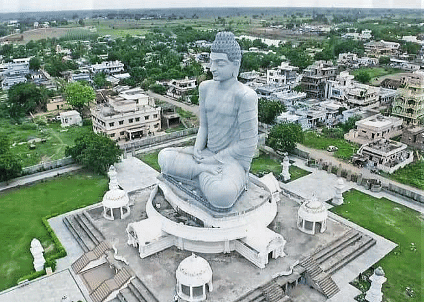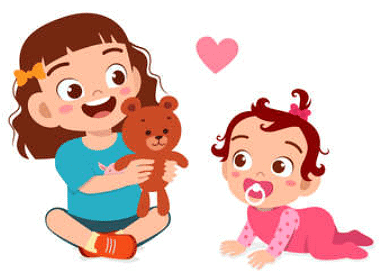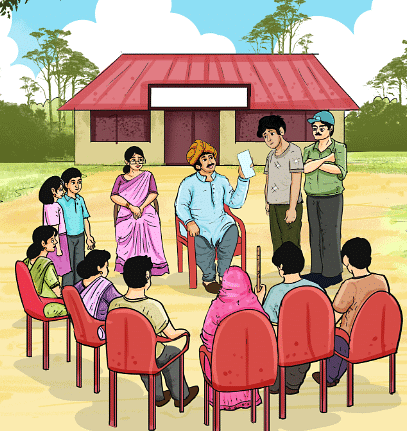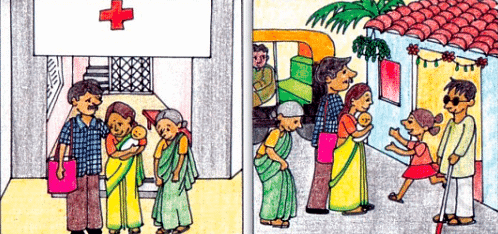Changing Families - 2 Class 4 Worksheet EVS Chapter 9
 Q1: Choose the right word
Q1: Choose the right word
(i) Nimmi had a __________ (brother/sister).
Ans: Sister
(ii) Nazli’s _________ (cousin/sister) was getting married.
Ans: Cousin
(iii) Tsering’s _________ (father/mother) received a letter.
Ans: Father
(iv) __________ (Andhra Pradesh/Karnataka) state organised camps for girls.
Ans: Andhra Pradesh
(v) _________ (Panchayat/Nimmi) said that girls are not for marriage.
Ans: Panchayat
Q2: Unscramble the words
(i) LINAZ
Ans: NAZLI
(ii) MMINI
Ans: NIMMI
(iii) SERINGT
Ans: TSERING
(iv) ETTERL
Ans: LETTER
(v) ISSERT
Ans: SISTER
Q3: Multiple Choice Questions
(i) How many families did the chapter mention?
(a) One
(b) Two
(c) Three
(d) Four
Ans: (c)
In the chapter, three families are mentioned. These families include Tsering's family, Nazli's family, and Nimmi's family.
(ii) From where did Tsering’s father receive the letter?
(a) His office
(b) Post office
(c) Hospital
(d) None of the above
Ans: (a)
Tsering's father received the letter from his office, as mentioned in the chapter. (iii) What is the eligibility for girls to get married?
(iii) What is the eligibility for girls to get married?
(a) At least 15 years old
(b) At least 16 years old
(c) At least 17 years old
(d) At least 18 years old.
Ans: (d)
In the chapter, it's stated that girls are eligible for marriage at the age of at least 18 years old.
(iv) Who had a new sister?
(a) Nazli
(b) Nimmi
(c) Tsering
(d) Tsering’s father
Ans: (b)
Nimmi had a new sister, as indicated in the chapter.
(v) Who was getting married in Nazli’s family?
(a) Her brother
(b) Her cousin’s brother
(c) Her sister
(d) Her elder sister
Ans: (b)
In Nazli's family, her cousin's brother was getting married, as mentioned in the chapter.
 |
Download the notes
Worksheet Solutions: Changing Families - 2
|
Download as PDF |
Q4: Short Answer Questions
(i) Why was Nimmi’s family happy?
Ans: Nimmi’s family was happy because Nimmi had a new baby sister. (ii) Who was getting married in Nazli’s family?
(ii) Who was getting married in Nazli’s family?
Ans: Nazli’s elder cousin’s brother was getting married.
(iii) What was the motive of the special camps in Andhra Pradesh?
Ans: A group of people organized special camps to get all married girls below 18 years back to school for completing their studies.
(iv) Suppose you are witnessing a marriage of a girl who’s below 18 years old. What would you do?
Ans: I would talk to the family and try to tell them about the government guidelines that marrying at such a young age can lead to various health and mental problems. Also, I would inform the women empowerment department about this incident, so they can guide people. However, this is quite a delicate matter in which intrusion can lead to severe consequences, especially in rural areas. Therefore, informing the local police and social services is the fundamental step before doing anything on our own.
(v) What was the message written in the letter that Tsering’s father received?
Ans: The letter was a promotion letter that informed Tsering’s father about his promotion and he had to travel to another city to join his new job.
(vi) What was the decision made by the panchayat about the marriage of young girls below 18 years old?
Ans: The panchayat suggested that young girls are for playing and studying, and not to be married off. (vii) What did Jangamma and Chitti say?
(vii) What did Jangamma and Chitti say?
Ans: Jangamma and Chiti said that they would like to study and stand on their own feet.
(viii) What are the cultural differences between you and your neighbors? Only write about your neighborhood.
Ans: Most people in my surrounding are Hindus but they are diverse in the Hindu religion as well. There are some customs and ritual practices that are peculiar to us, such as Kayastha folks have Kamal-Dawat Puja, South Pandits celebrate Onam and Pongal.
|
52 videos|217 docs|54 tests
|
FAQs on Changing Families - 2 Class 4 Worksheet EVS Chapter 9
| 1. How are families changing in today's society? |  |
| 2. What are the reasons behind the changing family dynamics? |  |
| 3. How do changing family dynamics impact children? |  |
| 4. Are changing family dynamics beneficial or detrimental to society? |  |
| 5. How can society support families in adapting to changing dynamics? |  |
 Q1: Choose the right word
Q1: Choose the right word





















